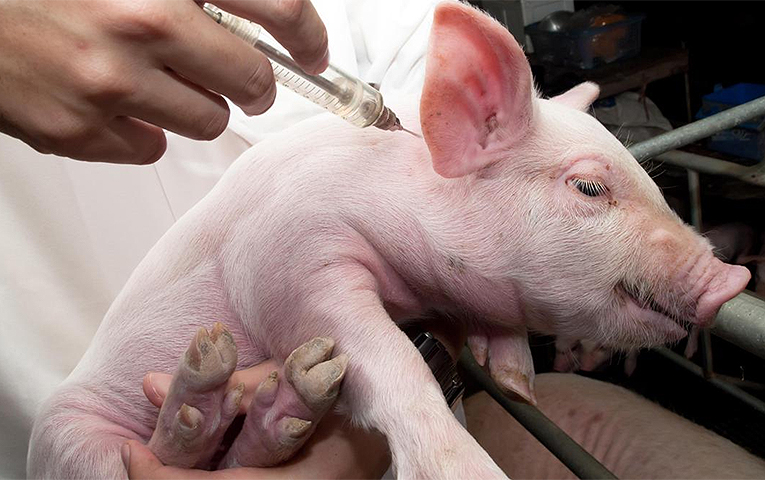ASF EU: Cases declined in pigs and wild boar in 2022

The number of African Swine Fever outbreaks in pigs and cases reported in wild boar in the European Union fell significantly in 2022 compared to 2021, according to a report recently published by the European Food Safety Authority.
In 2022, ASF outbreaks among domestic pigs in the EU decreased by 79% compared to 2021. The decrease was particularly marked in Romania, Poland and Bulgaria. Lithuania, on the contrary, registered a slight increase caused by a cluster of outbreaks notified in summer in the south-western part of the country.
A total of 8 EU countries, namely Bulgaria, Germany, Italy, Latvia, Lithuania, Poland, Romania and Slovakia, and 4 non-EU neighbouring countries, namely Moldova, North Macedonia, Serbia and Ukraine, reported outbreaks in domestic pigs. Romania was the most affected EU country (327 outbreaks), representing 87% of the total EU outbreaks. Serbia was the most affected non-EU country of those included in the report (107 outbreaks). ASF was notified for the first time in North Macedonia.
Regarding wild boar, 40% fewer cases were reported in the EU during 2022 compared to 2021. This is the first decrease in ASF cases in wild boar in the area since its introduction in 2014. Some 11 EU member states – Czechia, Estonia and Hungary, in addition to the member states with outbreaks among domestic pigs as noted above), and 4 non-EU countries – Moldova, North Macedonia, Serbia and Ukraine – notified ASF cases in wild boar.
“Over the last decade, African Swine Fever has had a dramatic impact on the pig farming sector in the EU and continues to disrupt local and regional economies. While our latest report shows encouraging signs that efforts to halt the spread of the virus may be taking effect, the picture across the EU is by no means universally positive, and we must remain vigilant, said Bernhard Url, EFSA’s executive director.
EFSA is extending its StopASF campaign in 2023 to support efforts to control the spread of the virus. The campaign raises awareness among farmers, hunters, and veterinarians in the EU and surrounding countries about how to detect, prevent, and report ASF.
The campaign, now in its fourth year, is run in partnership with local authorities in 18 countries: Albania, Bosnia and Herzegovina, Bulgaria, Croatia, Czechia, Estonia, Greece, Hungary, Kosovo, Latvia, Lithuania, Montenegro, North Macedonia, Poland, Romania, Serbia, Slovakia, Slovenia.
Read also
Wheat in Southern Brazil Impacted by Dry Weather and Frosts
Oilseed Industry. Leaders and Strategies in the Times of a Great Change
Black Sea & Danube Region: Oilseed and Vegoil Markets Within Ongoing Transfor...
Serbia. The drought will cause extremely high losses for farmers this year
2023/24 Safrinha Corn in Brazil 91% Harvested
Write to us
Our manager will contact you soon



